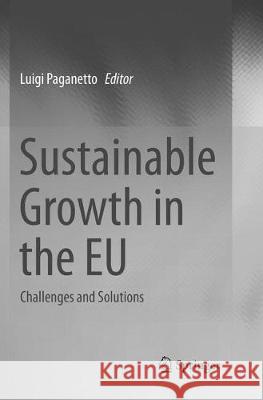Sustainable Growth in the Eu: Challenges and Solutions » książka
topmenu
Sustainable Growth in the Eu: Challenges and Solutions
ISBN-13: 9783319847979 / Angielski / Miękka / 2018 / 306 str.
Kategorie:
Kategorie BISAC:
Wydawca:
Springer
Język:
Angielski
ISBN-13:
9783319847979
Rok wydania:
2018
Wydanie:
Softcover Repri
Ilość stron:
306
Waga:
0.44 kg
Wymiary:
23.39 x 15.6 x 1.68
Oprawa:
Miękka
Wolumenów:
01











